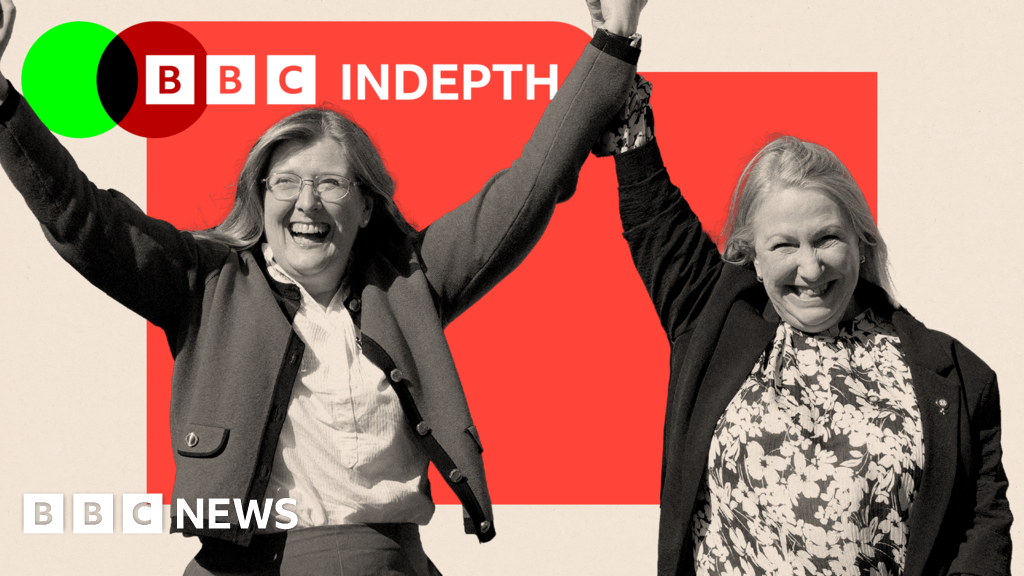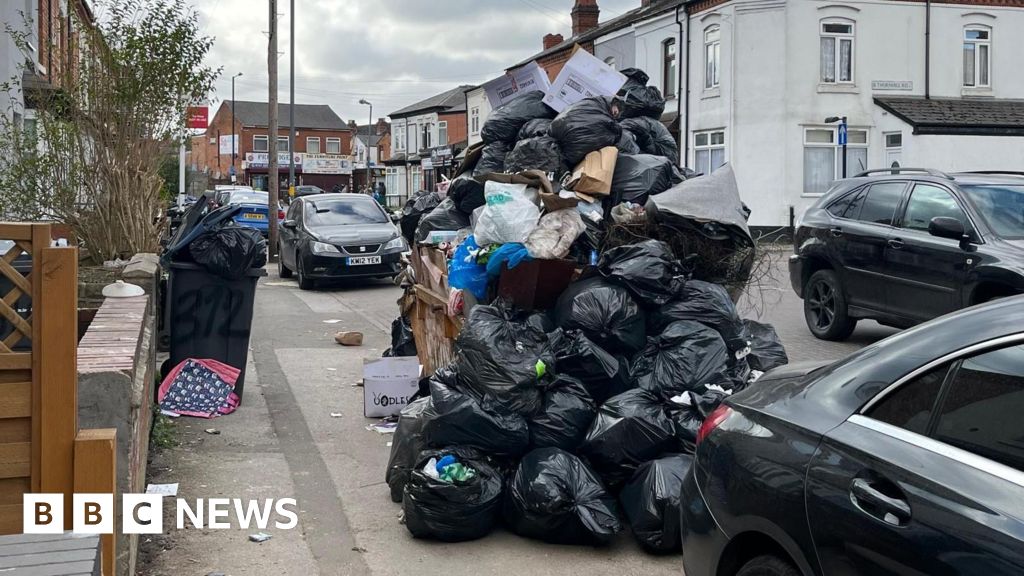Nevada Lawmakers Propose Bill to Mitigate Power Bill Volatility Amid Rising Energy Costs

In the heart of Southern Nevada, a single mother named Andi Kaufman faces a daunting challenge. Living on a fixed income, she has been making concerted efforts to manage her household expenses, especially her energy bill. Last year, Kaufman adjusted the thermostat in her home, attempting to save on costs, yet was shocked when her NV Energy bill surged from $91 to an alarming $245 monthly.
Another resident, Carol Polk, shared a similar plight, noting that despite her efforts to cut back by lowering her thermostat and unplugging unused appliances, her bills also saw a significant increase.
NV Energy, the primary electricity provider in Nevada, has been passing fuel costs directly to its customers, leading to increased bills as fuel prices fluctuate. The utility does not profit from these fuel sales; however, when prices rise, it is customers who bear the financial burden.
The past few years have been particularly challenging, with customers experiencing higher bills due to fluctuating fuel prices. Factors such as the COVID-19 pandemic and an unexpected winter storm in Texas contributed to these price increases.
In response to these growing concerns, proponents of a new bill currently progressing through the Nevada Legislature are urging state energy regulators to explore solutions to mitigate the volatility of power bills caused by soaring fuel prices. They suggest that requiring NV Energy to absorb a portion of these costs could ease the financial strain on consumers.
Assemblywoman Tracy Brown-May (D-Las Vegas) has introduced Assembly Bill 452, which aims to direct energy regulators to delve into how fuel and purchased power costs are transferred to customers. This bill proposes the adoption of a fuel cost sharing mechanism, which would allow the utility to share some of the burden of rising fuel costs with its customers.
Essentially, fuel cost sharing means that instead of customers shouldering 100% of fluctuating fuel costs, the utility would absorb a portion of those expenses. This mechanism has already been successfully implemented in various states and can incentivize utilities to invest in renewable energy sources, like solar, which do not face the same price volatility.
Under proposed fuel cost sharing scenarios, if the price of fuel rises above the utility's forecasts, the utility would absorb some of that cost. Conversely, if the utility manages to procure energy at a rate lower than expected, it could retain a share of the savings.
While the bill does not specify an exact percentage for cost sharing, it instructs regulators to find a balance that motivates the utility to manage fuel costs efficiently while still protecting it from undue risk.
Rebecca Wagner, a former state energy regulator and one of the bill's architects, argued before lawmakers that the proposed measure would benefit both consumers and the utility, asserting, Fuel cost sharing brings no harm to the utility and has an upside for customers. Numerous states, including Hawaii, Wyoming, Missouri, Wisconsin, and Idaho, have adopted similar provisions.
The bill also seeks to improve protections for ratepayers who have been incorrectly billed by the utility. Currently, NV Energy is allowed to partially refund customers who have been overcharged, a loophole that many believe should be closed. Furthermore, AB452 aims to extend the time state energy regulators have to scrutinize NV Energy's regulatory filings, thereby enhancing accountability and oversight.
However, the proposed legislation, which passed out of committee on April 11, has faced significant pushback from NV Energy itself. Janet Wells, the utility's vice president of regulatory affairs, voiced her concerns during the legislative process, stating, The idea that customers are unprotected or that utilities lack incentive to manage costs simply is not true. AB452 is a shift backwards and a move in the opposite direction we should be taking as a state.
Currently, in Nevada, all expenditures NV Energy incurs for fuel procurement are transferred directly to customers. Fuel costs represent approximately one-third of the expenses incurred by NV Energy's customers. Utilities generate electricity through various means, including burning fuel at power plants, utilizing renewable resources, and purchasing power from other providers. Notably, Nevada law prohibits utilities from making profits on fuel and purchased power.
After purchasing fuel, NV Energy subsequently requests approval from state regulators to bill customers for the already incurred costs. This process leads to a deferred energy adjustment (DEA) that customers might occasionally see as a credit on their bills.
In 2022, the price NV Energy paid for natural gasresponsible for over half of Nevada's power supplyspiked by 70%. This increase culminated in January 2023, leading to significant rate hikes for customers who saw their bills rise by approximately 2 cents per kilowatt-hour. In 2024, the utility anticipates that a typical single-family home in Northern Nevada will use about 765 kilowatt-hours of electricity per month, which would translate to an estimated $15 increase per monthly bill.
Utility representatives argue, however, that shifting to a cost-sharing model could introduce unnecessary complications and costly hedging strategies. Wells expressed that while she understands the desire to shield customers from commodity price fluctuations, she believes the bill could pave the way for risky changes in how Nevada approaches procurement and recovery of fuel and power costs.
Wells emphasized that state energy regulators already have the authority to review the utility's spending on power, reiterating that they can deny fuel purchases that they deem imprudent. Put simply, the existing system works. This bill attempts to provide a solution for a problem that simply doesnt exist, she concluded.
Hunter Stern, the assistant business manager at IBEW Local Union 1245, which represents NV Energy workers, echoed Wells' concerns, emphasizing the need to avoid potential complications arising from the proposed bill.
Supporters of AB452 clarify that the bill does not mandate the implementation of fuel cost sharing; rather, it encourages regulators to assess the viability of this approach in light of fluctuating energy prices. Should they determine that fuel cost sharing is beneficial for Nevadans and the utility, state regulators would have the authority to implement the rule. They are expected to submit their findings to the Interim Committee on Growth and Infrastructure by July 1, 2026.
According to the Rocky Mountain Institute, a nonprofit organization dedicated to renewable energy transition, Fuel prices and price volatility are risks that the utilities are in the best position to manage, not customers. They pointed out that under the current system, utility shareholders often remain insulated from the financial repercussions that customers face. The best thing utility commissions could do in this moment is to help make sure some of the risk is shifted to those most in power to invest in solutions, they concluded.
Additionally, the bill strives to tackle issues related to botched billing and to enhance timelines for state energy regulators to scrutinize utility proposals. Wagner explained that given the complexity of energy regulation, allowing regulators to evaluate intricate policy details is a prudent approach. She noted that energy regulators already have the authority to initiate investigatory dockets, and this bill serves as a nudge for them to exercise that authority.
Ernest Figueroa, head of the Bureau of Consumer Protection and Nevadas State Consumer Advocate, concurred that the review should rest with state energy regulators, emphasizing that this direction will facilitate a more appropriate and thorough discussion.
AB452 also seeks to streamline oversight by enabling state regulators to have more time to scrutinize NV Energys proposals. The utility has been inundating regulators with filings, creating a backlog that makes it challenging for ratepayers to fully understand their bills.
Christi Cabrera-Georgeson, deputy director of the Nevada Conservation League, highlighted the frequency of NV Energy's filings, noting that the company is legally obligated to submit general rate cases at least once every three years, yet it regularly exceeds this requirement. Just after resolving a rate case for Northern Nevada, the utility filed a new rate case for its Southern Nevada customers. Furthermore, the utility frequently revises its integrated resource plans, with the 2021 plan undergoing five amendments.
This level of NV Energy activity with limited regulatory guardrails makes it harder for ratepayers to know what theyre paying for, Cabrera-Georgeson pointed out.
The bill also addresses instances where customers have been overbilled by the utility. In a recent case reported by KTNV, a Southern Nevada resident discovered she had been overcharged for six years, paying more than double the monthly basic service charge. Although the utility admitted to the billing error, the customer received only a limited refund despite having overpaid by more than $1,100.
While NV Energy acknowledged the issue, the utility is not mandated to conduct internal audits regarding appropriate billing classifications for customers. Existing regulations only require partial reimbursement for overcharges, leading to calls for reform.
The proposed amendments regarding timelines for state energy regulators and enhanced customer protections are slated to go into effect in July. Its really about the uncertainty of the rates and how thats getting passed on to our consumers, Brown-May stated after the bill's hearing.
In a light-hearted yet poignant remark, she added, When people dont like your bill, you probably have a good bill.
This article was originally published by The Nevada Independent and has been distributed through a partnership with The Associated Press.



























